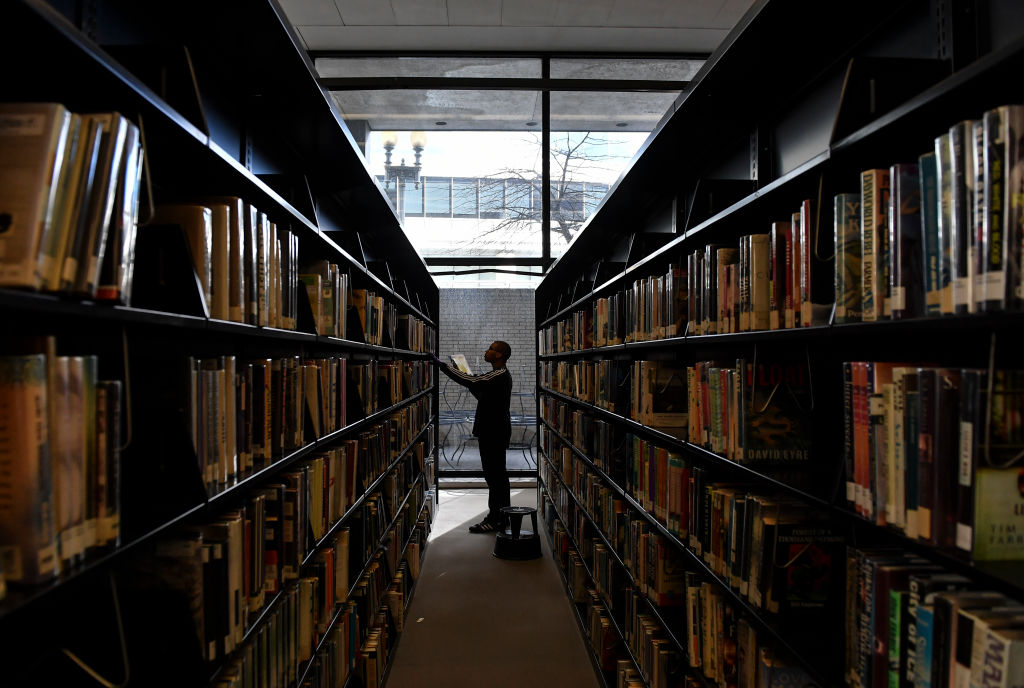Health Experts Warn Against Consuming These 7 Items During Air Travel

Air travel presents unique challenges to the human body. Cabin pressure changes, reduced oxygen levels, and dry air create an environment that can affect the comfort and health of passengers, particularly when certain foods and beverages are consumed. Recent recommendations from flight experts, including experienced flight attendants and health professionals, highlight specific items travelers should avoid consuming during flights, as reported by People.
These recommendations aim to reduce common in-flight discomforts such as bloating, dehydration, and digestive issues that can make air travel particularly uncomfortable. Understanding what not to consume can make the difference between arriving at your destination feeling relatively refreshed or dealing with unnecessary health issues.
Beverage Risks At 35,000 Feet
The beverages you choose during a flight can impact your comfort and health. According to Sue Fogwell, a flight attendant with 22 years of experience, plane tap water should be avoided altogether. “If you see a pitcher of water on the beverage cart in economy class, skip it — it’s from the water tank. Ask for a can of seltzer water or ginger ale,” Fogwell told Travel + Leisure. Studies have detected harmful bacteria, including E. coli, in airplane tap water systems. This concern extends to ice cubes, as well as tea and coffee made with the same water supply.
Alcohol consumption presents another serious concern during flights. According to a 2024 study published in the journal Thorax, the combination of alcohol and cabin pressure at cruising altitude can lower blood oxygen levels and raise heart rate during sleep. The combination of drinking alcohol and sleeping while on a plane increases the risk of serious cardiovascular events, particularly for passengers with pre-existing health conditions.
Similarly, caffeine can cause dehydration, which becomes particularly problematic during air travel, as the body already experiences increased fluid loss due to low cabin humidity. According to the Daily Express, Dawn Morwood, director of Cheap Deals Away, noted that caffeine “stimulates the nervous system, which can increase anxiety — bad news for nervous flyers. Plus, caffeine can interfere with your sleep, making jet lag worse.”
Digestive Challenges In Pressurized Cabins
The environment of an aircraft cabin creates special challenges for digestion. Former flight attendant Josephine Remo, who flew professionally for seven years, advises passengers against consuming certain foods that may cause digestive distress. “On a plane, [the change in] air pressure can mess with your stomach. This especially applies if you travel several times a week, where you can start to feel a big difference,” Remo explained to Travel + Leisure.
Cruciferous vegetables, like broccoli, while healthy choices on the ground, become problematic during flights. These vegetables contain complex fiber structures that, when combined with the reduced cabin pressure, can increase bloating and gas. Similarly, beans and legumes should be avoided during air travel due to their high fiber content and specific carbohydrates that ferment in the digestive tract.
Red meat, including beef, pork, lamb, and processed varieties, takes longer to move through the digestive system than other proteins. This extended digestion time increases the opportunity for fermentation in the intestines, potentially leading to increased gas and discomfort during flights.
The Seven Items To Avoid On Your Next Flight
Health and travel experts have identified these seven specific items passengers should avoid consuming to maintain optimal comfort and health while flying:
- Tap Water and Ice: Airplane water tanks can harbor harmful bacteria, including E. coli. This extends to beverages made with this water, such as coffee and tea, as well as ice cubes served on board.
- Alcohol: Drinking alcohol during flights impairs the body’s ability to adjust to changing oxygen levels, placing additional strain on the cardiovascular system and increasing dehydration.
- Caffeine: Similar to alcohol, caffeine causes dehydration, which is already a concern during flights due to low cabin humidity. It can also increase anxiety and interfere with sleep patterns, worsening jet lag.
- Cruciferous Vegetables: Foods like broccoli and cabbage contain complex fiber structures that, when combined with changes in cabin pressure, can lead to increased bloating and gas.
- Beans and Legumes: Their high fiber content and specific carbohydrates can ferment in the digestive tract, leading to gas and bloating that becomes more uncomfortable at high altitudes.
- Kale and Hard-to-Digest Leafy Greens: Raw leafy greens can be difficult to digest under normal circumstances, but cabin pressure changes can exacerbate digestive discomfort.
- Red Meat: Beef, pork, lamb, and processed meats like bacon take longer to digest than other proteins, allowing more time for fermentation in the intestines and potentially leading to increased gas and discomfort.
The post Health Experts Warn Against Consuming These 7 Items During Air Travel appeared first on Travel Noire.
What's Your Reaction?
 Like
0
Like
0
 Dislike
0
Dislike
0
 Love
0
Love
0
 Funny
0
Funny
0
 Angry
0
Angry
0
 Sad
0
Sad
0
 Wow
0
Wow
0

























